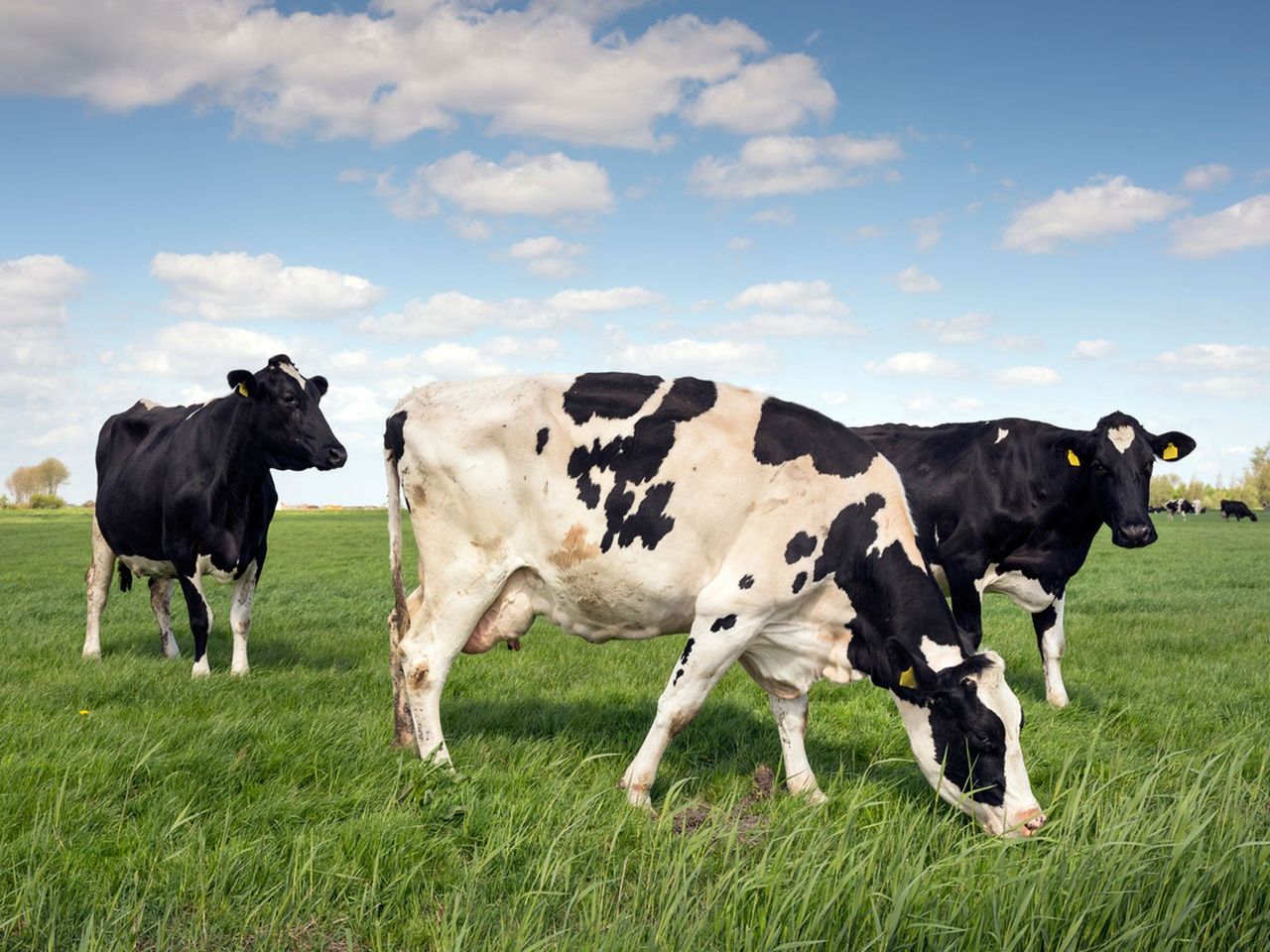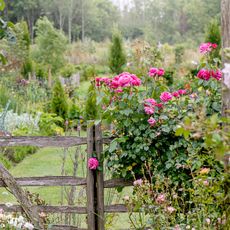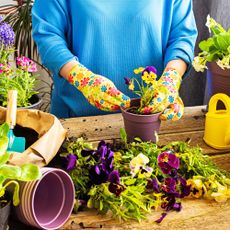Cow Dung Fertilizer: Learn The Benefits Of Cow Manure Compost


The use of cattle manure, or cow dung, in the garden is a popular practice in many rural areas. This type of manure is not as rich in nitrogen as many other types; however, the high ammonia levels can burn plants when the fresh manure is directly applied. Composted cow manure, on the other hand, can provide numerous benefits to the garden.
What is Cow Manure Made Up Of?
Cattle manure is basically made up of digested grass and grain. Cow dung is high in organic materials and rich in nutrients. It contains about 3 percent nitrogen, 2 percent phosphorus, and 1 percent potassium (3-2-1 NPK). In addition, cow manure contains high levels of ammonia and potentially dangerous pathogens. For this reason, it's usually recommended that it be aged or composted prior to its use as cow manure fertilizer.
Benefits Cow Manure Compost
Composting cow manure has several benefits. In addition to eliminating harmful ammonia gas and pathogens (like E. coli), as well as weed seeds, composted cow manure will add generous amounts of organic matter to your soil. By mixing this compost into the soil, you can improve its moisture-holding capacity. This allows you to water less frequently, as the roots of plants can use the additional water and nutrients when needed. Additionally, it will improve aeration, helping to break up compacted soils. Composted cow manure also contains beneficial bacteria, which convert nutrients into easily accessible forms so they can be slowly released without burning tender plant roots. Composting cow manure also produces about a third less greenhouse gases, making it environmentally friendly.
Composting Cow Manure
Composted cow manure fertilizer makes an excellent growing medium for garden plants. When turned into compost and fed to plants and vegetables, cow manure becomes a nutrient-rich fertilizer. It can be mixed into the soil or used as top dressing. Most composting bins or piles are located within easy reach of the garden. Heavy manures, like that of cows, should be mixed with lighter materials, such as straw or hay, in addition to the usual organic substances from vegetable matter, garden debris, etc. Small amounts of lime or ash may also be added. An important consideration when composting cow manure is the size of your or pile. If it's too small, it won't provide enough heat, which is essential for the composting process. Too big, however, and the pile may not get enough air. Therefore, frequently turning the pile is necessary. Composted cattle manure adds significant amounts of organic material to the soil. With the addition of cow manure fertilizer, you can improve the overall health of your soil and produce healthy, vigorous plants.
Gardening tips, videos, info and more delivered right to your inbox!
Sign up for the Gardening Know How newsletter today and receive a free copy of our e-book "How to Grow Delicious Tomatoes".

Nikki Tilley has been gardening for nearly three decades. The former Senior Editor and Archivist of Gardening Know How, Nikki has also authored six gardening books.
-
 New Ways To Use Classic Garden Plants – For A Modern Landscape With A Touch Of Nostalgia
New Ways To Use Classic Garden Plants – For A Modern Landscape With A Touch Of NostalgiaThe 'Nostalgia Gardening' trend uses classic garden plants in new ways to add interest to your landscape and harken back to gardens of the past. Old is new again!
By Mary Ellen Ellis
-
 New England April Garden Checklist: What Flowers, Shrubs, Veggies & Herbs To Plant Now
New England April Garden Checklist: What Flowers, Shrubs, Veggies & Herbs To Plant NowLearn what crops and ornamentals to plant in April for a thriving garden in Connecticut, Maine, Massachusetts, New Hampshire, Rhode Island, or Vermont.
By Ellen Wells